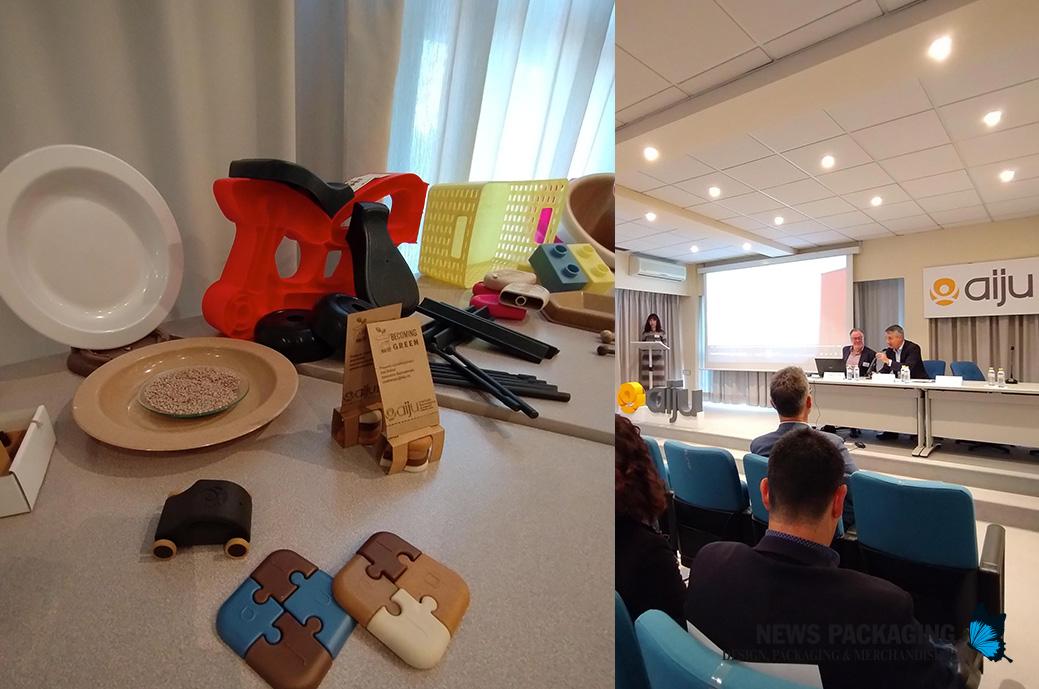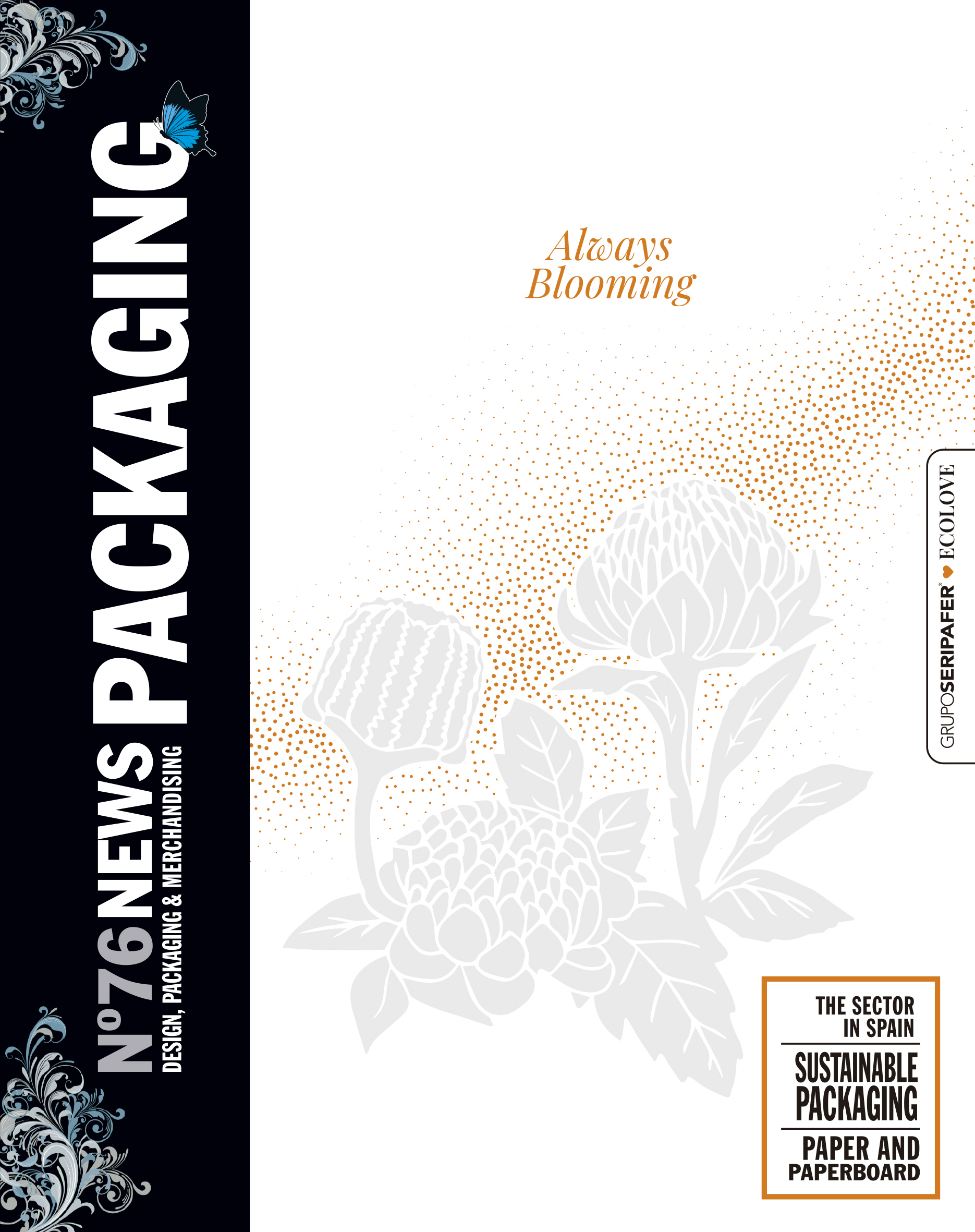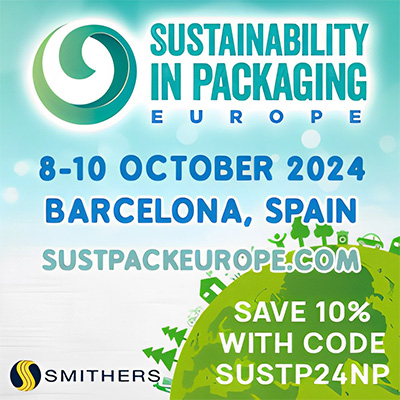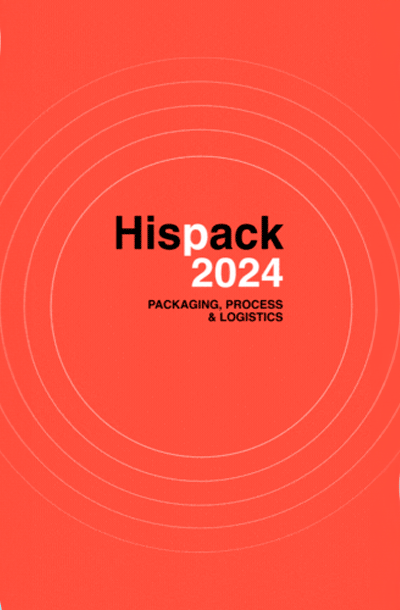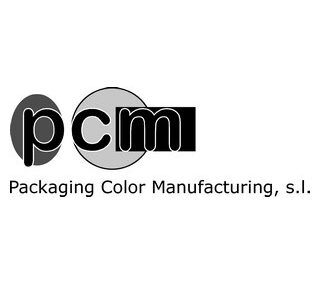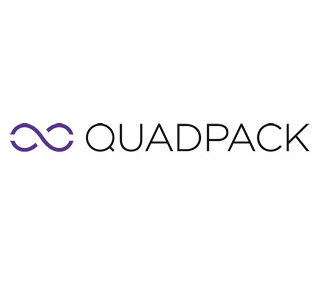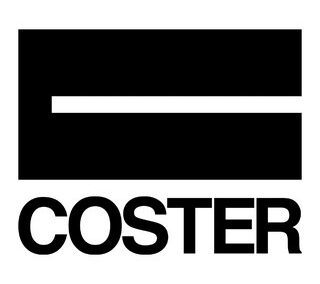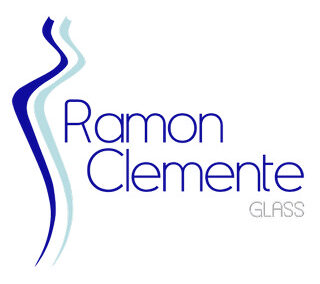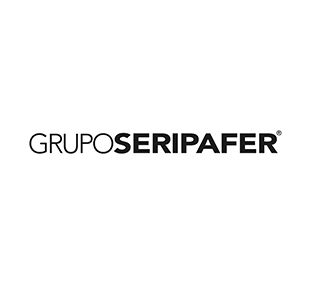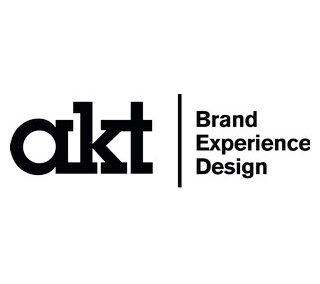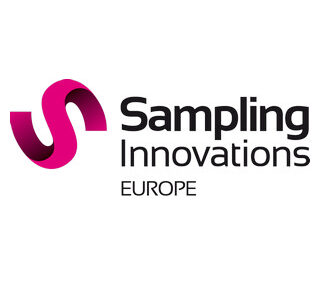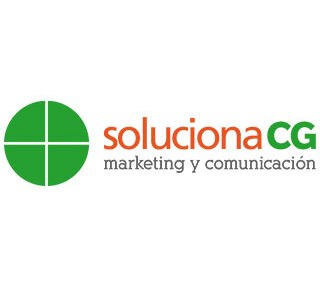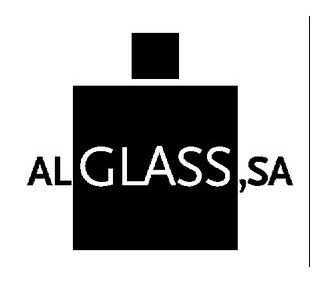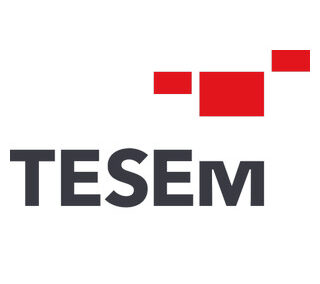The use of post-consumer recycled plastics increases by 70% compared to 2022, reaching 6 million tons, according to the recent report from PlasticsEurope. Likewise, according to this same report, the plastic recycling ratio has reached 26,9%, while, currently, 25% of plastic waste is still sent to landfills and 15% is sent to incineration.
These have been some of the data extracted from the conference “Circularity Strategies and Industrial Symbiosis in the Plastic Industry”, organized by the ITechnological Institute of Children's Products and Leisure AIJU, and financed by the Generalitat Valenciana and IVACE, in which the ability to improve and exceed these ratios through R&D actions has been shown.
During the event, in which AIJU technicians and representatives of Plastics Europe Spain, from the Ministry of Industry, Commerce and Tourism, Alfarben; University of Las Palmas de Gran Canaria, Bln Palao Abogados and IVAC Kiwa, the need to address the global problem of plastic pollution and the depletion of natural resources has been highlighted, emphasizing the importance of establishing the roadmap of the European plastics industry towards circularity and net zero emissions, established by the European Commission.
In this sense, the roadmap establishes the guidelines to reduce the emission of greenhouse gases from all plastics by 28 percent in 2030, in its process towards net zero emissions by 2050. It also proposes the gradual replacement of fossil plastics so that circular plastics could address 25 percent of European demand in 2030 and 65 percent in 2050.
Additionally, during the first block of the day, an approach was made to the new regulations for sustainable product design and digital product passport.
In this sense, as explained Timothy of the Fountain, of the Ministry of Industry and Tourism, “the European Regulation on Sustainable Products will require that products be accompanied by the Digital Product Passport (DPP), which is constituted as a tool that will allow obtaining relevant information for the purposes of circularity, about the products. inserted in the market. For this reason, it is proposed to explore the potential of different digital solutions, insert relevant information on circularity, sustainability and compliance with the regulations of specific products and provide information on these throughout their life cycle.”
Tax on non-reusable plastics and certification systems
Regarding the technical block of the day, this has focused on presenting the research carried out with a view to the homogenization of recycled materials from plastic waste to ensure their quality when used in new products or the traceability of products and recycling at the end of their use. useful life.
In addition, a round table has been held where the challenges of companies in the Circular Economy have been addressed, aimed at the training of plastics professionals and the training needs of companies on the way to the effective implementation of circular economy systems in its processes and services.
The day ended with some presentations, of significant relevance for companies in the sector, in which a review of how the tax on non-reusable plastic packaging has worked after the first year of implementation and a complete survey of the different systems has been carried out. current certification standards, so that companies can certify the plastic recycled content of their products.
Research in innovative materials
AIJU has an area of innovative materials and processes dedicated exclusively to plastic materials and their processing, whose lines of research are aimed at the development of new, more sustainable plastic formulations, biodegradable, recycled biomaterials, with additives or natural fillers and with various functionalities such as antimicrobial capacity or electrical conductivity.
Furthermore, this area investigates the verification of the quality of recycled materials and their traceability, which allows companies to adapt to the new circular economy objectives promoted by the European Commission and improve their functionality and versatility through innovation in materials.
To this end, it has a wide range of characterization tests for plastic materials and finished products, according to applicable regulations or use requirements to verify that the materials and products have the quality and properties necessary for their application.

